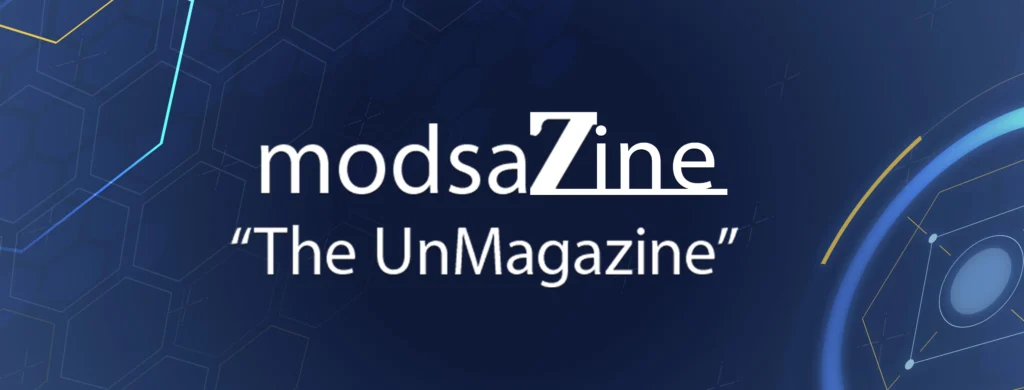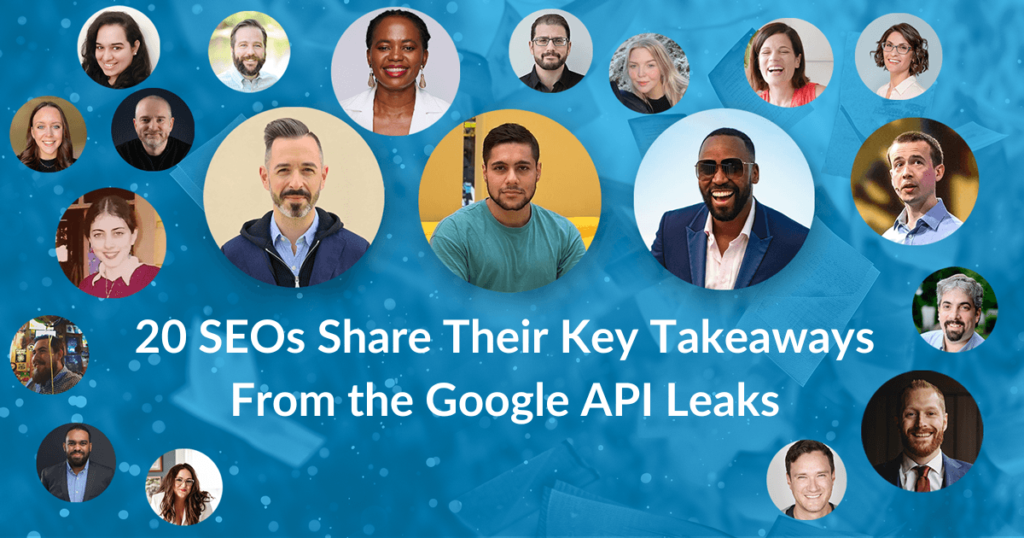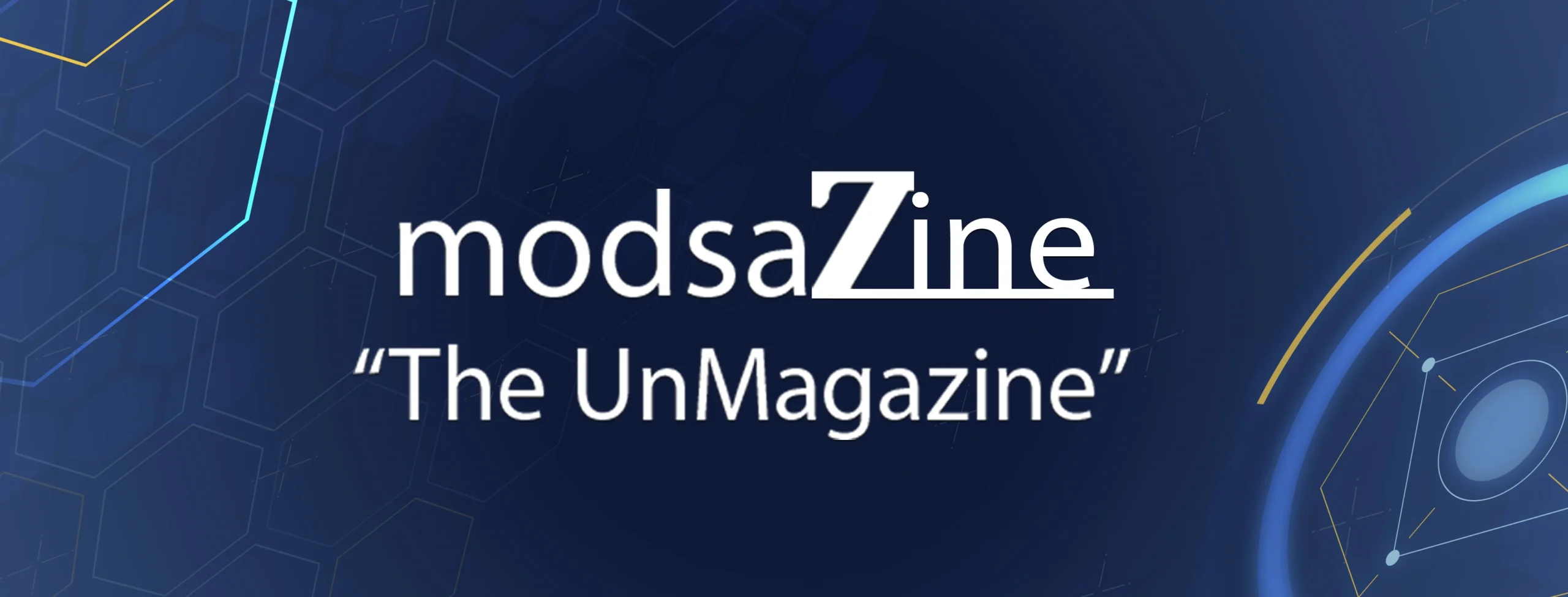I can assume that if Google algorithms can tell whether an entity is relevant to a topic, they can also tell when links are topically relevant.
I suspect that Google’s algorithm prioritizes links that are contextually aligned with the content of the linking and linked pages. Topical links are trust signals from authoritative websites telling Google about the reliability and quality of your content.
So, rather than waste time collecting generic links, focus on becoming a topical authority that people want to link to naturally.
Creating helpful content triggers a good ripple effect
Here’s the ripple effect that happens when you create helpful content:
- People land on your pages and read your content
- They spend more time, which improves your dwell time metrics
- They navigate to other pages
- They don’t go back to the SERP for more answers
- They convert, take action, and enter your funnel, likely leading to a sale
The leaks have shown that Google uses Chrome data and clickstream data to determine overall site quality. If you create helpful content, people will naturally take action that improves your engagement metrics.
Brand authority is evergreen SEO
The leaks discuss various site-wide authority indicators contradicting Google’s previous statements denying using sitewide signals for ranking purposes.
Narrow approaches won’t cut it anymore. Rather than focusing on individual ranking factors, consider how people perceive your overall brand and how they engage with you across various platforms (including social media), not just on your website.
To become the source of truth and slowly evolve into a memorable brand, you need a multimodal, omnichannel approach centered around high-quality content.


